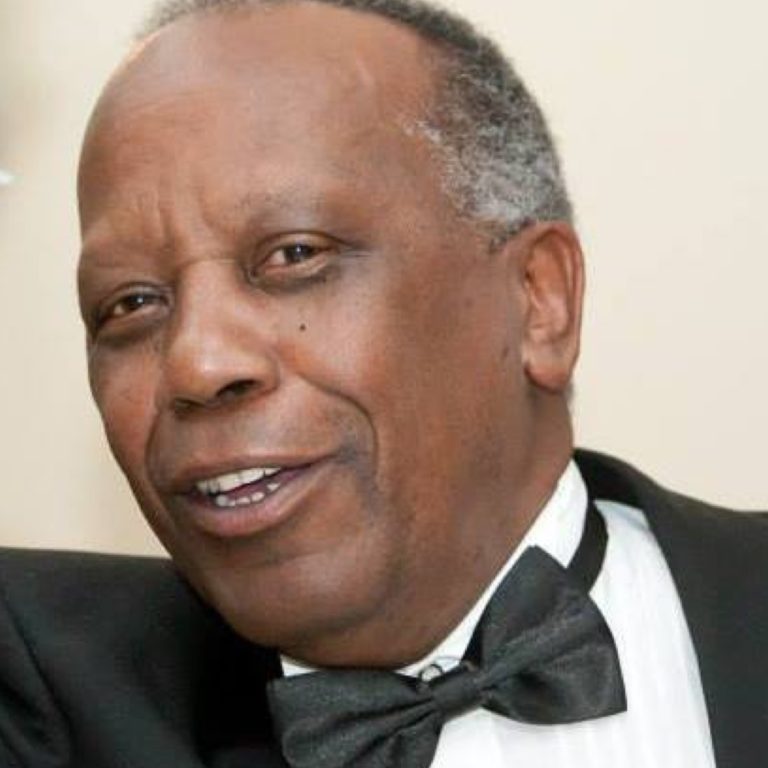14.04.2021
Franklin A. Lewis
Franklin Lewis, PhD., was a lecturer in the Department of Humanities Education at the University of Pretoria, South Africa where he lectured Education, Professional Studies, Professional Practices and the Methodology of Music. He graduated at the University of Cape Town. He specialised in music education and taught at secondary school level before becoming a subject adviser for music in the Western Cape Province, South Africa. He has extensive experience in curriculum development and planning at district, provincial and national level. He specialises in autoethnographic research methodology and has published in the peer-reviewed journal, African Identities and has presented papers at the International Autoethnography and Narrative Inquiry conference in the USA. He research foci are the music curriculum and social justice and how race and racism continue to perpetuate inequality in curriculum design and implementation.
Re-experiencing music education in a racialized South Africa through an autoethnographic genre
Abstract
In this paper, I use an autoethnographic genre as a research methodology to reflect on my lived experiences in music education which took place in the apartheid and post-apartheid context in South Africa. My research is autobiographical and recounts my journey through music education and my engagement with the music curriculum as a child, student, music teacher and curriculum specialist. My lived experiences are socially constructed. Hence, it is closely linked to the racialised and classed society in which it was enacted. Meta-theorising through the lenses of critical theory, Critical Race Theory and the theory of contestation, I argue for a philosophical and sociological conceptualisation of the ontologies and epistemologies of race, racism, class and the music curriculum. I argue that music curriculum processes are hegemonic and controlled by oppressive and powerful regimes with pre-set ideas based on Western ideologies, which obliterate and disempower marginalised groups. This paper highlights my marginality as a Coloured middle-class professional within the racial hierarchy of South Africa during apartheid and post-apartheid my and contestation of race, racism and the music.
My autoethnography is performative and therefore uses the genre of a libretto for a musical through which the voice of the self is heard through narrative, reflexive poetry and song. My study is analytical and interpretive of the self, but simultaneously, it critiques the culture through the uncovering of racism and hegemonic practises in the music curriculum. It adopts a critical interpretive paradigm through an autoethnographic genre which contests and disrupts the positivistic and hegemonic way of coming to know the self and culture. Data collection was done through autobiographical memory work, journal entries, archival visits, literature reviews, the study of other autobiographies, documentation analysis, critical conversations and verisimilitude. My study opens the space for a rich and diverse complex matrix of scholarship and research for the radical transformation of music education. This paper attempts to evoke ethical action from the reader in our striving to build a just society in which human dignity, irrespective of race, class, location, gender, age and sexuality can only flourish.
Key terms: Apartheid, autoethnography, contestation, Coloured, Critical Theories, Critical Race Theory, curriculum, music, race, racism.
Click here for a short video on the topic with Franklin A. Lewis.
Anmeldung

